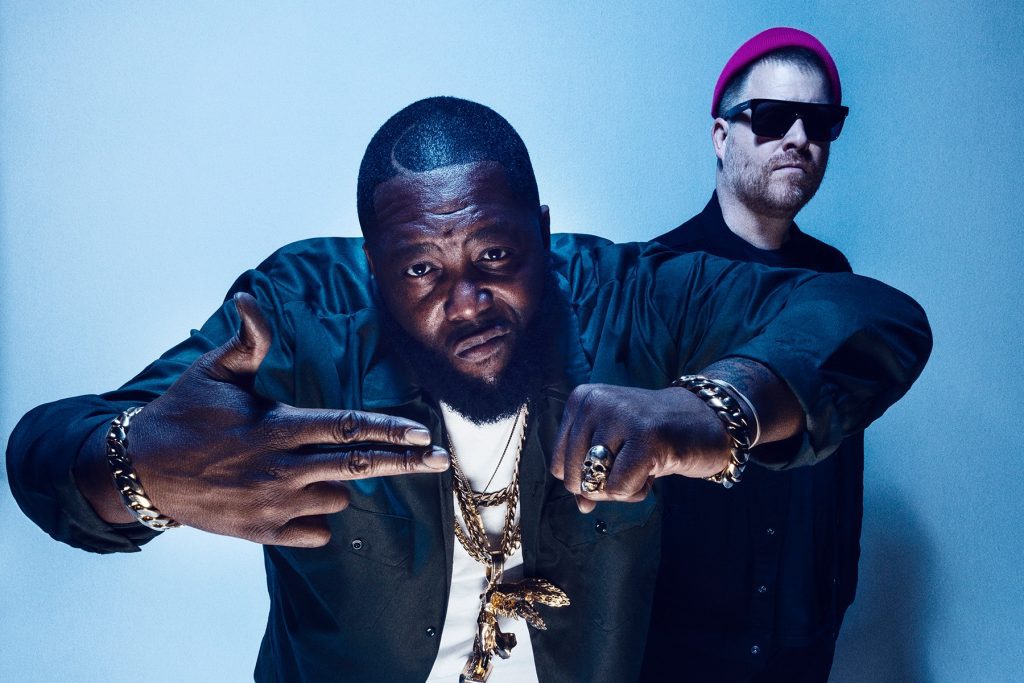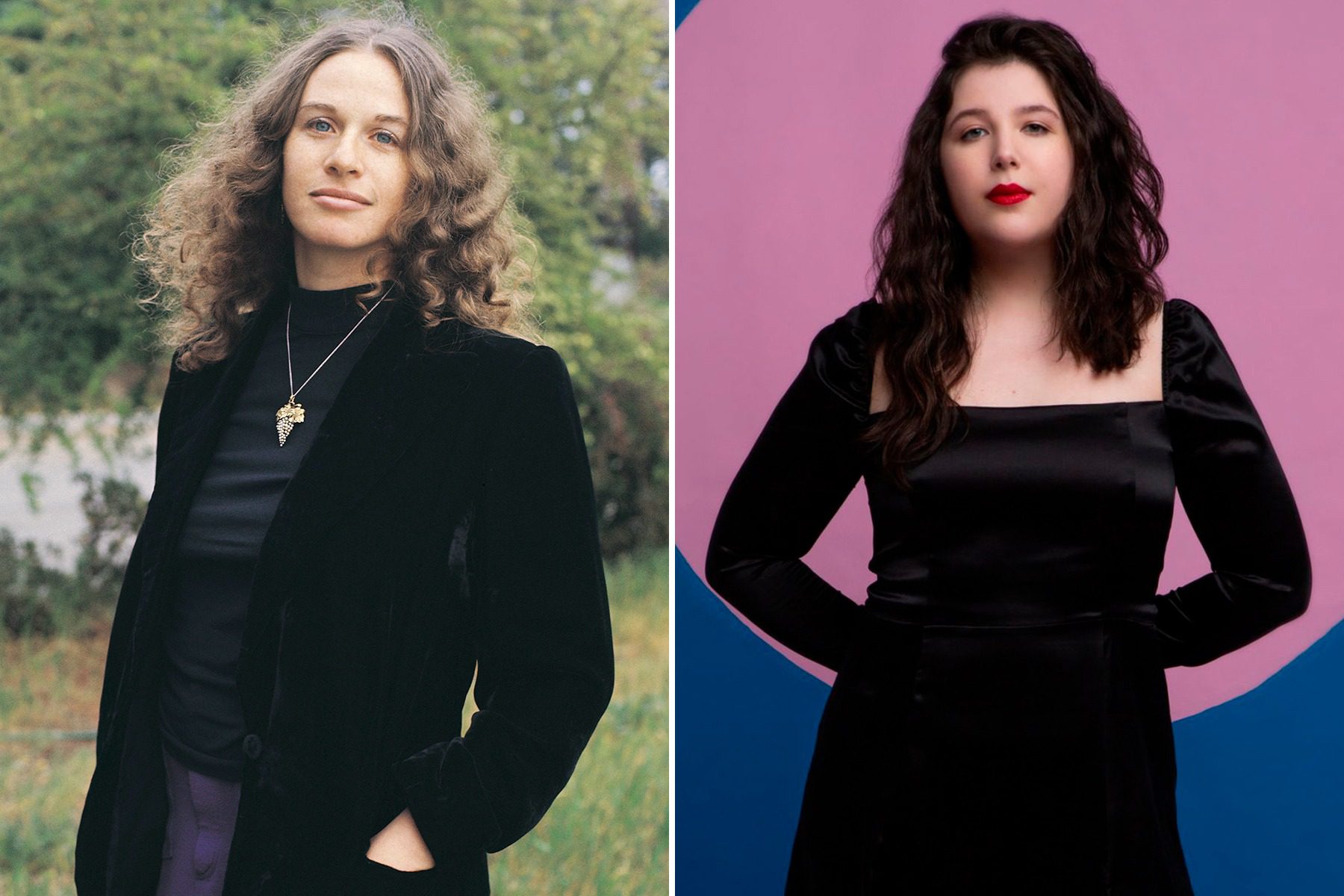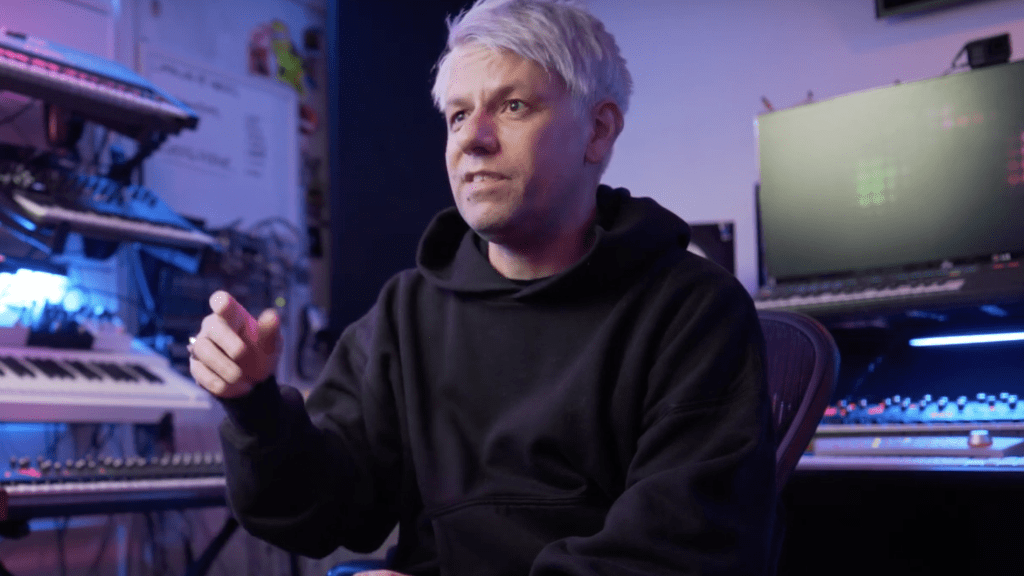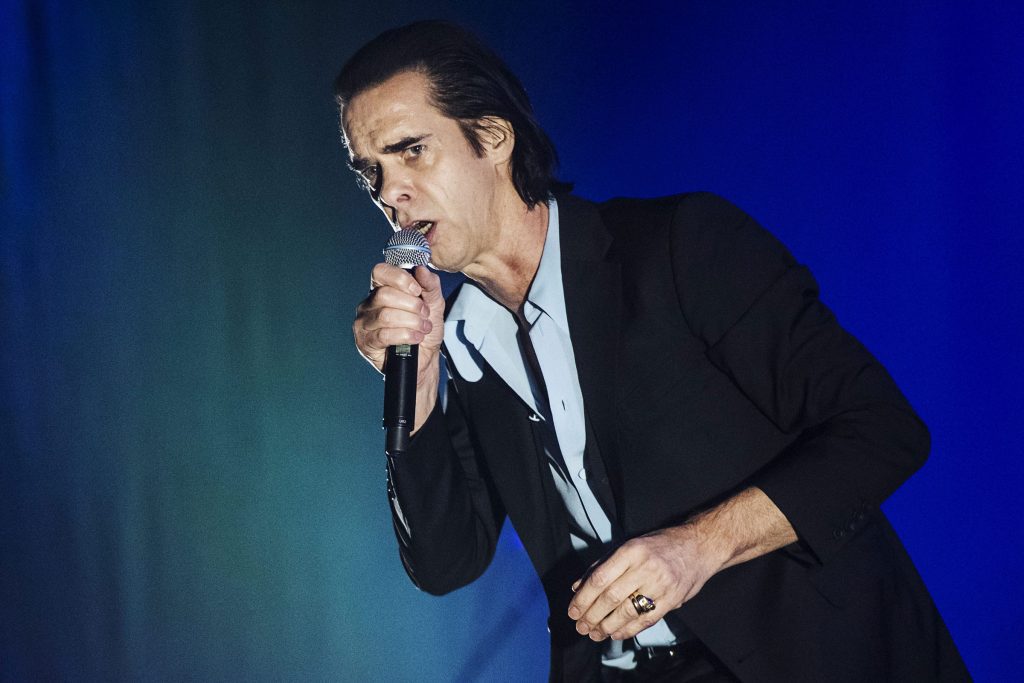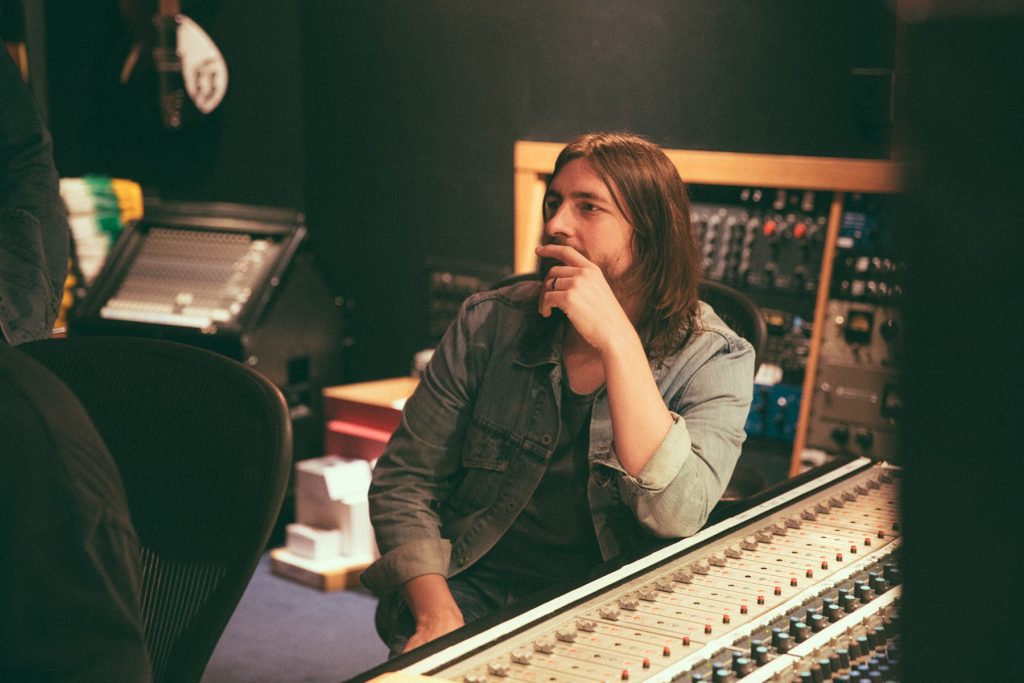
How Dave Cobb Adapted to Pandemic Recording, Found Inspiration with a Bee Gee
Dave Cobb has a tradition for welcoming artists he’s producing to RCA Studio A. When they first set foot in the Nashville studio, he runs through a litany of the greats who’ve previously recorded there. Dolly Parton threw a wrench in that routine when she arrived to sing “Words” for Barry Gibb’s new album Greenfields.
“One of the things that is always fun to say is, ‘This is where Dolly did ‘Jolene’ and ‘I Will Always Love You,’” Cobb says. “But Dolly is right there in the same spot and she goes, ‘This is where I did ‘Jolene’ and ‘I Will Always Love You.” She’s giving the tour and reminiscing: ‘This is the way we used to do it.’”
Cobb decided to shut up and absorb the living history lesson. Then he pressed “record” on the first session for Greenfields: The Gibb Brothers Songbook, Vol. 1, which pairs the Bee Gees member with artists like Jason Isbell, Alison Krauss, and Miranda Lambert. With Parton and Gibb both there on day one, Cobb was nervous. “I remember walking to where I was going to play guitar and my legs started trembling.”
blogherads.adq.push(function () {
blogherads
.defineSlot( ‘medrec’, ‘gpt-dsk-tab-country-article-inbody1-uid0’ )
.setTargeting( ‘pos’, [“mid-article”,”mid”,”in-article1″,”btf”] )
.setSubAdUnitPath(“music//country//article//inbody1”)
.addSize([[300,250],[620,350],[2,2],[3,3],[2,4],[4,2]])
.setLazyLoadMultiplier(2)
;
});
But the Grammy-winning producer — he’s nominated for Producer of the Year at this year’s ceremonies — has made a career of holding his own alongside some of music’s most celebrated figures. (“My favorite thing in making records is to get myself in over my head and work with people way smarter than I am,” Cobbs says.) He produced Lady Gaga for the soundtrack to A Star Is Born, guided both John Prine’s final album, 2018’s The Tree of Forgiveness, and final song, “I Remember Everything,” and was at the control board when two of his heroes — guitarist Mike Campbell and keys man Benmont Tench of Tom Petty’s Heartbreakers — became Chris Stapleton’s ad hoc band members for the country singer’s latest album Starting Over.
“Mike Campbell is one of the greatest American guitar players on Earth and has always been part of my musical influence,” Cobb says. “The Heartbreakers are Chris’s favorite band and Wildflowers is Chris’s favorite record. So we were two children going, ‘I can’t believe this happened.”
Those surreal memories and records, however, were all made before Covid-19 changed studio life. After taking a break from recording during lockdown, Cobb returned, gingerly and cautiously, to RCA Studio A to record a series of upcoming albums, beginning with one by Lukas Nelson, with whom he worked on A Star Is Born. New projects by Brandi Carlile and Anderson East followed, and Cobb is currently wrapping up the latest from the hard-rock band Rival Sons. All of the sessions were conducted under a series of new pandemic protocols at Studio A.
“We don’t let anybody in the studio that hasn’t had a negative test. And we test at the beginning of each session,” he says. “Fortunately this is a really big studio, so I was able to take a board and put it out in the big room, so no one’s coming in the control room. No one’s crowding in closed spaces. And obviously you don’t get in each other’s face. You wear masks. I don’t know if we’re doing enough, but I’m trying.”
View this post on Instagram
Socially distanced recording aside, Cobb is excited about the way the Rival Sons sessions are progressing. He says the follow-up to the band’s Grammy-nominated 2019 effort Feral Roots is built on exploration and discovery.
“I feel like it’s a fun time to be adventurous in music, you know?” Cobbs says. “There’s a lot of great records that are experimental. I include Billie Eilish in that. I think what her and her brother did [on 2019’s When We All Fall Asleep, Where Do We Go?] was just absolutely genius production. Those are pop songs and catchy, but it’s pure art. I’m trying to stay in that mode and I think that is the record we’re doing.”
But Cobb admits he and co-producer Shooter Jennings stuck mainly to the script for Carlile’s next album, the follow-up to By the Way, I Forgive You, which won Carlile, Cobb and Jennings Grammys and turned the Washington State singer-songwriter into an Americana firebrand. “Elton John said something to her and it was really sweet,” Cobb says, “‘When you have a good thing, keep going.’ That’s kind of how we’ve done this new record, trying to act like there is no pressure.”
blogherads.adq.push(function () {
blogherads
.defineSlot( ‘medrec’, ‘gpt-dsk-tab-country-article-inbody2-uid1’ )
.setTargeting( ‘pos’, [“mid-article”,”mid”,”in-article2″,”btf”] )
.setSubAdUnitPath(“music//country//article//inbody2”)
.addSize([[300,250],[300,251],[620,350],[2,4],[4,2]])
.setLazyLoadMultiplier(2)
;
});
According to Cobb, that approach is easier to take when you have history with an artist, like he does with Carlile, Stapleton, and Jason Isbell. Cobb says they recorded Isbell’s Reunions album, released in May, via unspoken shorthand. “We both grew up in the southeast and there’s so much common musical language that we don’t really have to talk a lot,” he says.
Ironically, it’s those quiet moments in RCA Studio A when Cobb makes the most noise. As Greenfields nears its January 8th release, the producer finds himself thinking back to something Barry Gibb often did during recording: shutting his eyes and immersing himself in the sounds swirling around him.
“When he closed his eyes, he just went into another planet, and that’s when it was the take. You could just see he really understood feeling,” Cobb says. “He’s got this Zen thing when he doesn’t say anything, and it’s perfect.”
